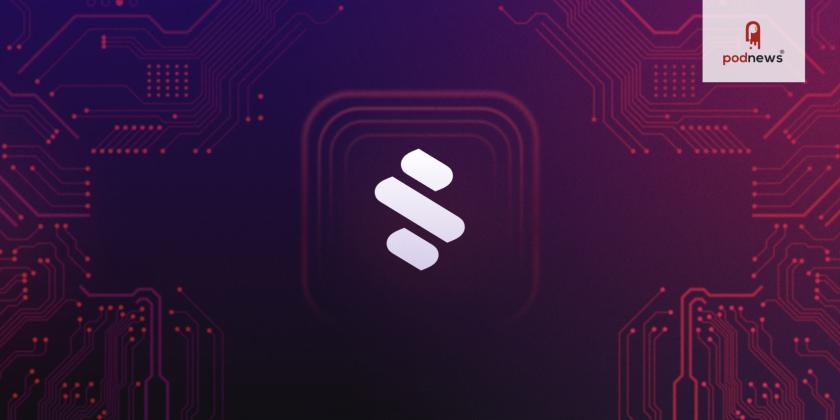
Sounder Democratizes its Technology Stack with Open APIs, Fueling Podcast Industry Growth
This article is at least a year old
In a landmark move, Sounder, the innovative AI-powered audio intelligence platform, democratizes access to its cutting-edge technology by opening its APIs to the public. This groundbreaking initiative marks the first step in Sounder’s ambitious vision to foster widespread collaboration and propel the podcast industry forward in 2024, enabling new avenues for growth and monetization for podcast creators and the industry.
Sounder’s expansive library of podcast transcripts, encompassing over 5 million episodes worth of data, serves as the bedrock for its industry-leading speech-to-text API. This exceptional dataset allows Sounder’s technology to be uniquely attuned to the nuances of podcast audio, including diverse accents, multi-speaker formats, and varied recording environments. This deep understanding translates into proven accuracy and speed for developers and podcasters leveraging the API.
By opening its APIs, Sounder will initially make its industry-leading Automatic Speech Recognition (ASR) and transcription technology available directly through its self-service platform. This strategic decision fosters collaboration and allows anyone to build on its powerful technology stack. This approach is driven by the belief that opening the APIs will grow the overall podcast industry. Sounder is confident that new products and services will be developed that support measurement, growth, and monetization, ultimately benefiting the entire ecosystem.
“This is a major step forward for podcasting as Sounder continues to serve the podcasting industry. We’ve built our transcription technology from the ground up, meticulously trained on the nuances of podcast audio,” says Kal Amin, Co-Founder and CEO of Sounder. “Now, and as a first step in opening up our technology stack, we’re thrilled to share this powerful tool with the world, laying the foundation for a future where podcast data fuels innovation and enriches the creator landscape.”
Sounder’s transcription technology delivers best-in-class quality and speed. Fueled by over 15,000 hours of human annotations and rigorously tested against a proprietary evaluation set that focuses on the diversity of podcast audio, Sounder’s ASR outperforms even the most expensive solutions in the market at a fraction of the cost.
“Traditional evaluation benchmarks simply don’t cut it for the podcast world,” explains Ron McCoy, Sounder’s CTO. “That’s why we built our training and evaluation set, encompassing the unique world of podcast audio, including different dialects, multi-speaker formats, and audio environments. This ensures our ASR delivers unmatched accuracy across the board, from casual conversations to technical lectures and everything in between.”
This is just the first of many APIs to be opened, giving developers and podcasters unprecedented access to the breadth and depth of data and solutions Sounder develops.
For Matt Turck, Co-Founder and Chief Partnerships Officer at PodRoll, the arrival of open APIs represents a significant step forward for podcasting and the audio industry at large. “As an early partner of Sounder, we’ve seen firsthand the power and accuracy of their transcription technology. Opening their APIs is a game-changer for the industry, democratizing access to tools that will unlock new possibilities for podcast creation, audience engagement, and monetization. We’re thrilled Sounder is making bold moves to improve the industry, and we’re excited to see the ripple effects of their open API initiative on the podcasting ecosystem as a whole.” This open API initiative represents a notable development in podcasting. By making its technology universally accessible, Sounder seeks to encourage innovation and enable developers to build new tools and empower fellow creators. This strategic release signifies a commitment to collaboration and a future where data further enriches the podcasting landscape.
This is a press release which we link to from Podnews, our daily newsletter about podcasting and on-demand. We may make small edits for editorial reasons.